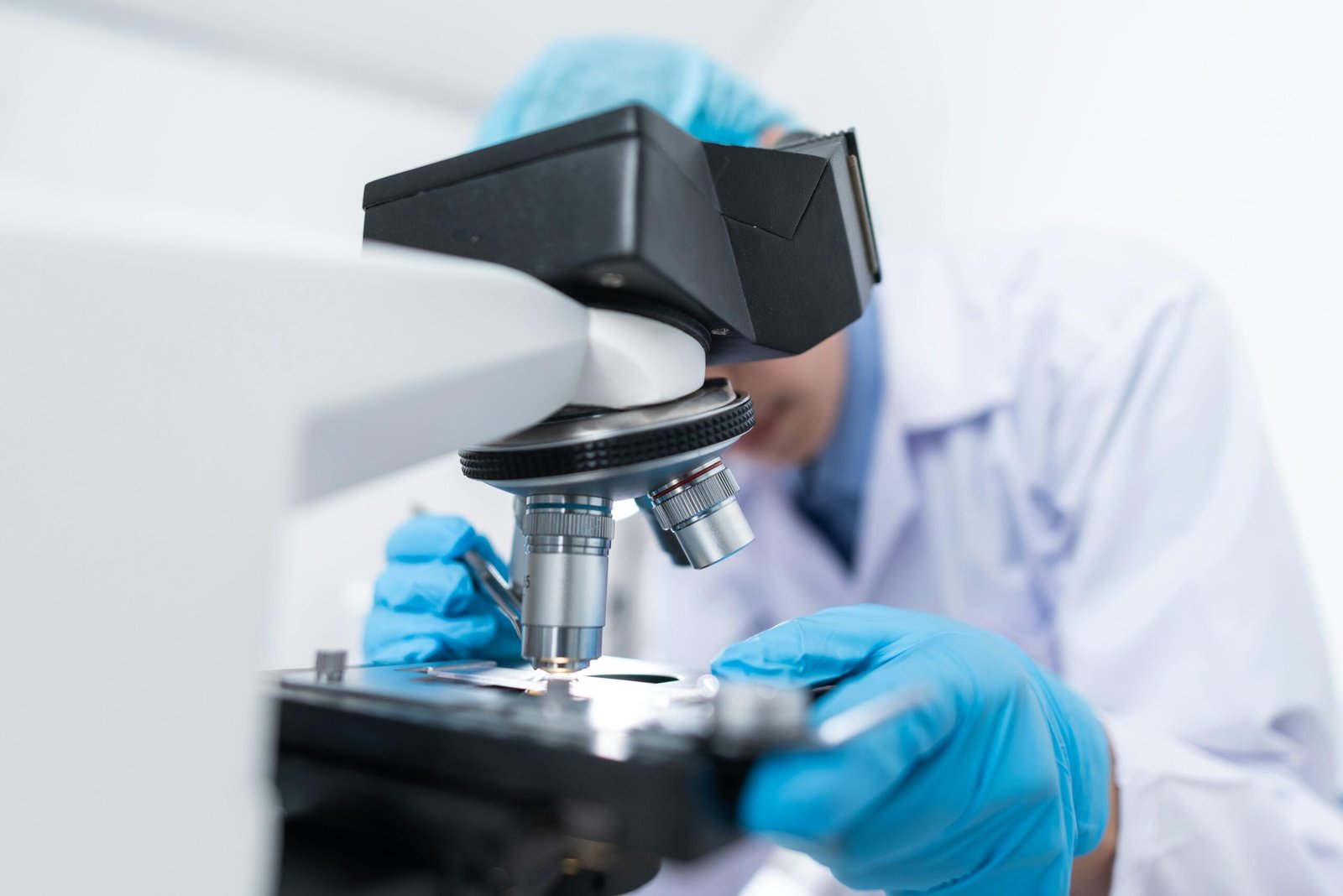
In a recent study published in a leading neuroscience journal, researchers unveil a compelling connection between gut bacteria and mental well-being. The study suggests that the diversity and balance of bacteria in the gut, known as the microbiome, could significantly influence an individual’s susceptibility to mental health disorders like depression and anxiety.
Key Findings:
- Microbiome Impact: The research indicates that the composition of gut bacteria plays a crucial role in brain function and behavior.
- Neurotransmitter Production: Certain gut bacteria were found to produce neurotransmitters like serotonin and dopamine, which regulate mood and emotions.
- Immune System Regulation: The microbiome was also linked to modulating the body’s immune response, potentially affecting inflammation levels associated with mental health conditions.
Implications for Healthcare:
- Personalized Treatments: The findings open doors for personalized mental health treatments targeting the gut microbiome.
- Lifestyle Factors: Maintaining a balanced diet rich in probiotics and fiber, along with regular exercise, could promote a healthy gut microbiome and benefit mental health.
- Future Research: Further studies could explore probiotics, prebiotics, and fecal microbiota transplantation as potential therapies for mental health disorders.
Expert Insights:
Lead researcher Dr. Sarah Patel highlights the significance of understanding the gut-brain connection and its potential for transforming mental health treatment.
Closing Thoughts:
This study emphasizes the need for a holistic approach to mental health care, acknowledging the intricate relationship between the gut and the brain. As research progresses, harnessing the power of the gut microbiome could revolutionize mental health interventions.

